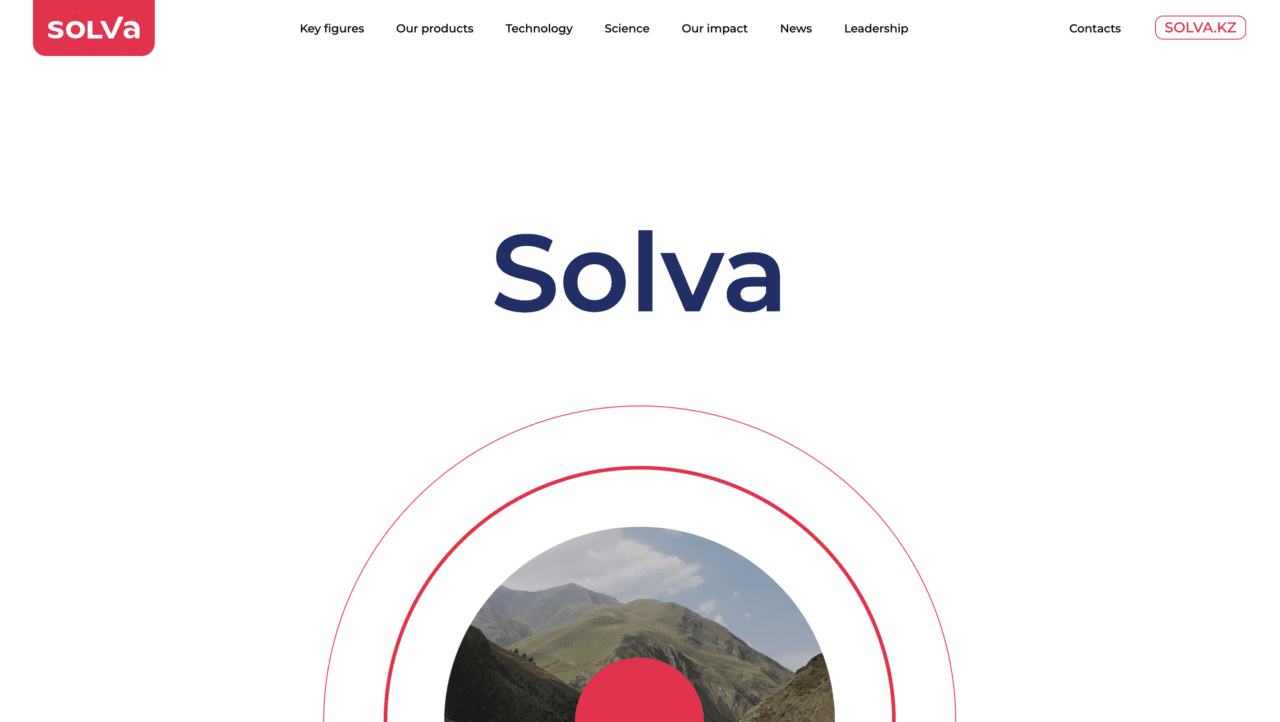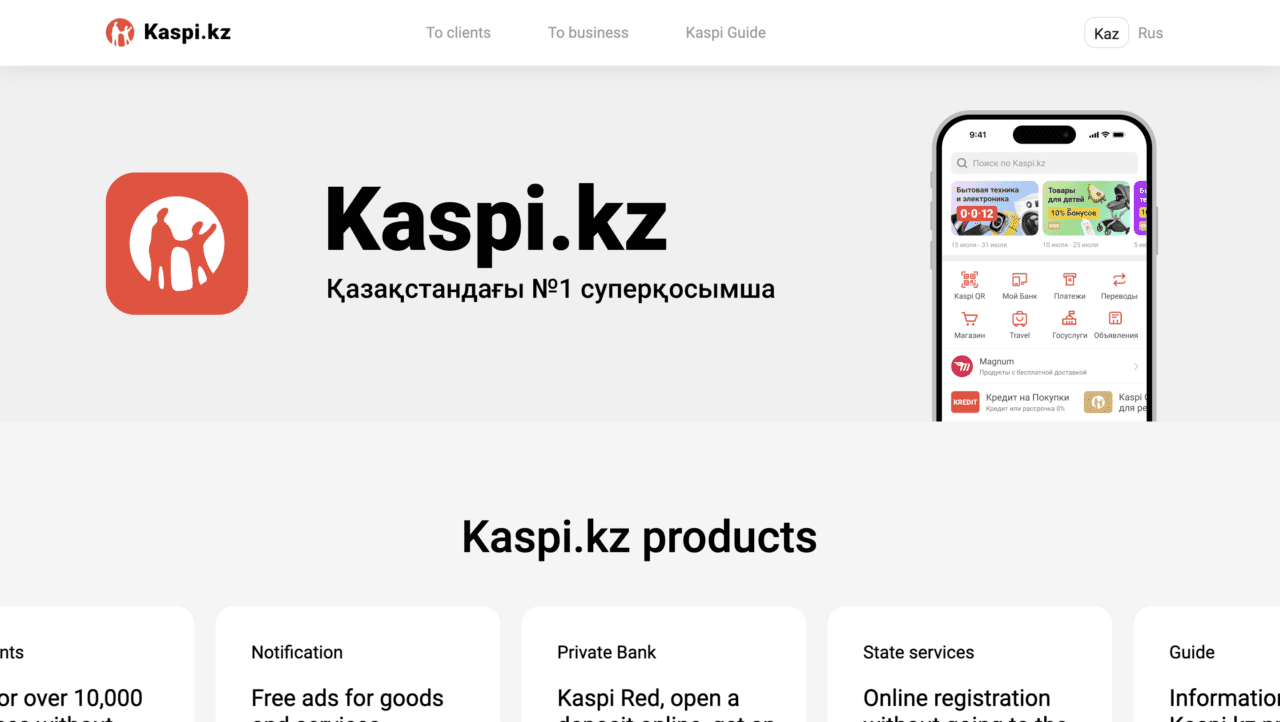
- Open banking platform Link Money announced a strategic partnership with payments platform Optty.
- The partnership will enable Optty’s merchant clients and partners to access Link Money’s Pay by Bank solution.
- Optty’s platform integrates with 115+ of the most popular alternative payment methods in the world.
Pay by bank is one of the biggest trends in fintech. And a new partnership between open banking platform Link Money and payments platform Optty will help more merchants and customers take advantage of it.
“Through this partnership, we will enable merchants to shift volume away from the most expensive rails and dramatically reduce costs while also reducing fraud and churn,” Link Money VP of Strategy Shaun Vanderkaap said.
The strategic partnership will enable Optty’s U.S. merchant clients and partners to use Link Money’s Pay by Bank solution. The payment option gives merchants a way to keep processing fees low, mitigate credit card fraud, and limit customer churn. Between the convenience of account-to-account (A2A) payments and concerns over credit card fees and the threat of fraud, being able to make payments directly from bank accounts has become an increasingly popular option for consumers, merchants, and financial institutions alike.
Optty founder and CEO Natasha Zurnamer said that the collaboration supports the company’s emphasis on “payment inclusivity and choice.” Zurnamer explained, “By integrating diverse payment options into our platform, (we are) empowering merchants to offer tailored checkout experiences in minutes.”
Founded in 2020 and headquartered in Singapore, Optty supports nine different dynamic payment architectures. Buy Now Pay Later, digital wallets, credit and debit cards, gift cards, cryptocurrencies, loyalty and rewards, bank transfers, and payouts are all available from Optty via a single API integration. Optty also offers services ranging from carbon calculators and fraud protection to transaction review/optimization and network tokenization. The platform supports 120 currencies, is available in 75+ markets around the world, and has 400+ individual integrations to date. The technology is available as both a white-label product as well as a directly integrated solution.
Link Money specializes in making it easy for consumers to pay directly from their bank. The company leverages open banking to give merchants an alternative payment solution that lowers costs and increases convenience. To use the service, customers securely connect to their bank, select the account from which the payment will be made, and then initiate the payment. Link Money guarantees the payment to merchants, which typically takes two-to-three days to appear in the merchant’s account. The company has connections to more than 3,400 U.S. banks, and does not store bank login information or user credentials.
Founded in 2021, Link Money is headquartered in San Francisco, California. Eric Shoykhet is CEO.












